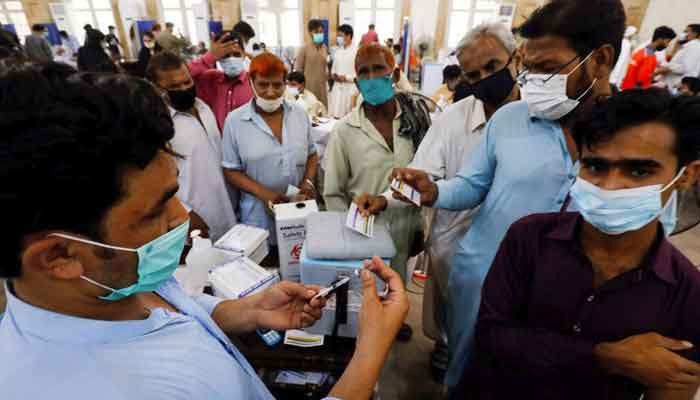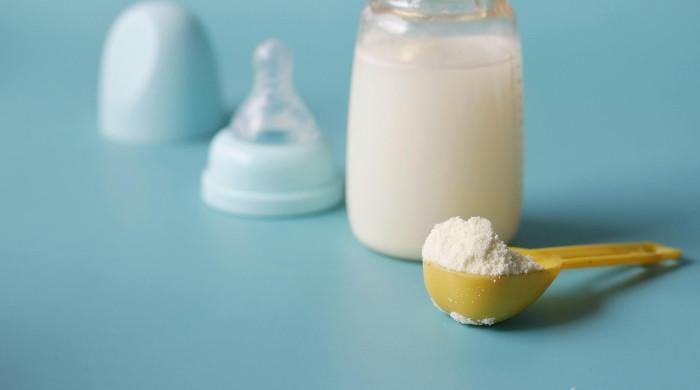Explainer: When will we need a COVID-19 booster shot?
Pfizer has been conducting tests since February to determine the need for a third dose
June 19, 2021

As of Saturday, 3,379,444 Pakistanis have been fully immunised against the coronavirus, after being administered a single or double-dose vaccine.
But those with their vaccination certificates are now asking: what next? How long will the immunity last? Do we need a third or booster shot? If yes, then when?
Pfizer’s CEO Albert Bourla said in April that people will likely need a booster dose of their vaccine after six months to one year of getting fully vaccinated.
“A scenario is that there will likely be a need for a third dose, somewhere between six and 12 months and then from there, there will be an annual revaccination, but all of that needs to be confirmed. And again, the variants will play a key role,” Bourla told CNBC on April 1.
His company has also been conducting tests since February to determine the need for a third dose.
Separately, Yin Weidong, the head of China's Sinovac, told China Central Television last week that during second phase trials of the drug, it was observed that when volunteers were given a third shot of Sinovac, after three to six months, the antibody response soared tenfold in a week and twenty-fold in 15 days.
However, he added that more studies will need to be conducted to determine the need for a third dose.
Even in the United Kingdom, government officials are examining the possibility of giving a third jab before winter.
Last month, Britain launched a study to explore the option of a booster shot, reported Reuters. For this, a trial is being conducted and so far 3,000 participants have been recruited to look at seven different COVID-19 shots.
Initial findings, as per Reuters, are expected in September.











